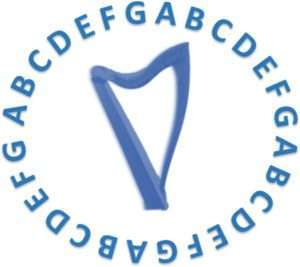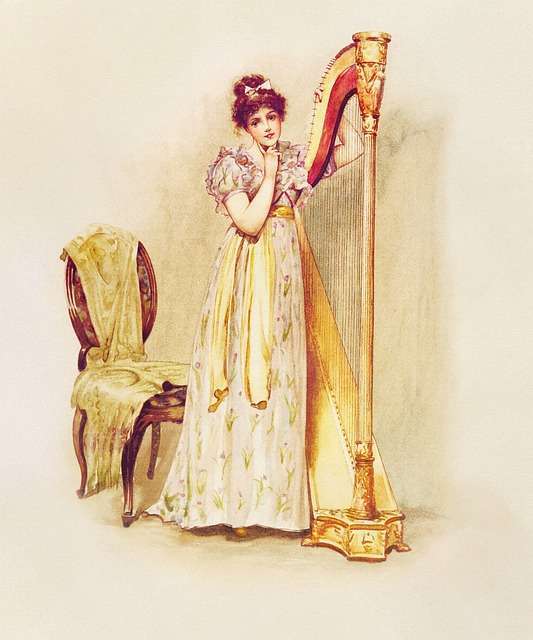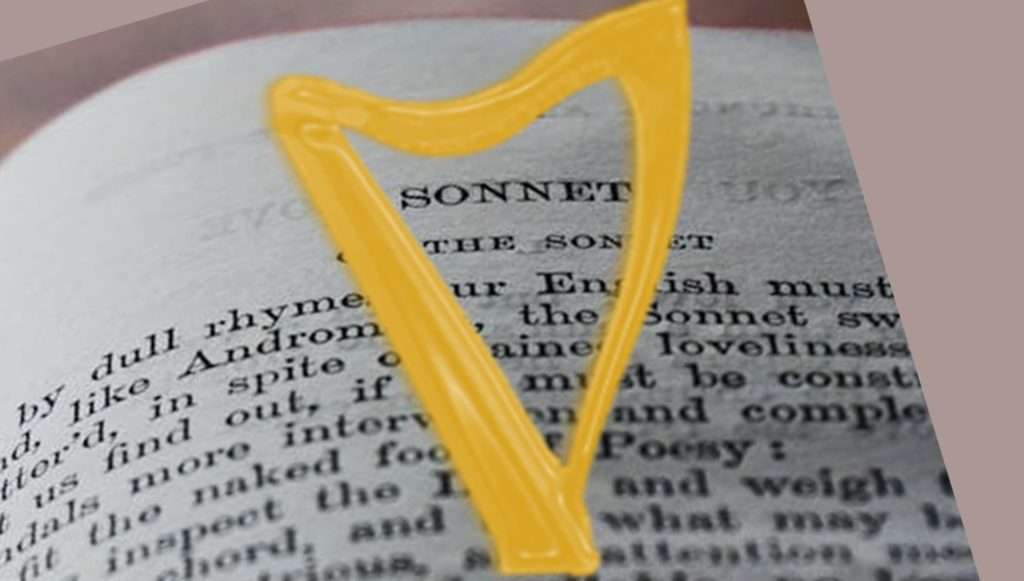Let’s Travel!
Military Tattoo Mini Getaway! Aug 5 – 10th
Turns out it’s not a great time to go to Ireland. But never fear, when it’s time to pivot, we’ve got a plan – welcome to your Scotland city getaway! Let’s take on Glasgow and Edinburgh in true style and enjoy a great European getaway. Let’s enjoy the high Summer season and the world famous Edinburgh Royal Military Tattoo. This marquee event is one of the best cultural traditions that Europe has to offer. We’ll surround our show with lots of the amazing sites and musical sounds that make these anchor cities cultural treasures.
 You might have already been to Scotland but have you experience the Tattoo? I know I haven’t and I can’t wait Wondering what we could possibly see? How about: Flying into/out of Edinburgh or Glasgow (or into one and out of the other!). We’ll use a mix of public transport and private transfer to enjoy the historical centers and their sites. We’ll balance our time with organized tours and independent downtime, with marquee sites for the first-time visitor and local gems for the tenured guest. You know that I’ve got my favorite spots and views and I’m excited to see if you agree!
You might have already been to Scotland but have you experience the Tattoo? I know I haven’t and I can’t wait Wondering what we could possibly see? How about: Flying into/out of Edinburgh or Glasgow (or into one and out of the other!). We’ll use a mix of public transport and private transfer to enjoy the historical centers and their sites. We’ll balance our time with organized tours and independent downtime, with marquee sites for the first-time visitor and local gems for the tenured guest. You know that I’ve got my favorite spots and views and I’m excited to see if you agree!
How will we spend our time? Like this –
 On Day 1, we’ll meet up and get to Glasgow. We’ll check in with the local scene on the High Street and walk off that jet lag with a welcome dinner in true Scottish style.
On Day 1, we’ll meet up and get to Glasgow. We’ll check in with the local scene on the High Street and walk off that jet lag with a welcome dinner in true Scottish style.
Day 2, our Glasgow adventure will continue as we take in some of the local sites and iconic places. We’ll spend the day enjoying all things Scottish. We’ll spend a little time learning tunes (and appreciators will do things us harpers will be envious of). We’ll round out the day with dinner which is just a walk away from our hotel.
On to Edinburgh which awaits us with plenty to see and to do on Day 3! We’ll arrive in style by train and pull into Waverly Station. From here, we are just a short distance to our hotel, just off the Royal Mile. We’ll set out to enjoy the local area and enjoy learning another tune before dinner.
On Day 4, Edinburgh continues to delight and today we will take in one of the marquee events! After enjoying Rosslyn chapel to the south of town, we’ll have an early afternoon workshop before heading to the Military Tattoo at the Castle. This spectacular show never disappoints and promises to entertain and delight.

We’ll round out our time in Edinburgh with a few optional tours and destinations and complete our workshop series on Day 5. There will be plenty to choose from depending on your interests. From The Whiskey Experience to Holyrood Palace, we’ll get you started in the right direction to enjoy all Edinburgh has to offer. We’ll end the day with our signature farewell dinner then give everyone a little time to pack up before our airport transfers tomorrow.
Day 6 is Departure Day. But before we say goodbye, we’ll fit in your final hours with any last minute activities or venues that might interest you. You know that you will leave magical Scotland with a song in your heart, a new tune in your head, and a smile on your face (and perhaps a reason to return soon!).
What’s Included?
- Breakfast at our hotels and dinners at unique locations daily.
- Balance between scheduled experiences and unscheduled time to explore further or relax as you choose.
- Plenty of downtime to enjoy unscheduled moments any way you please.
- All attraction tickets and passes for experiences and guided tours (always with local experts).
- All transportation including airport transfers upon arrival and departure.
- Daily music workshop time to develop those crucial skills on a harp that will be there waiting for you.
As always, we take your interests into account and as we get to know you, we will be able to find those little corners of Scotland that delight and enchant. From magical bookstores, fabled artworks, and secret passageways, we’ll share with you those little things that make this the experience of a lifetime.
Our total trip cost for the 2024 season is $2900.00 plus airfare.
So you’re interested, right?! We’ll be hosting an online Q&A session so contact us to join the meet up and for more information and all the details. And you know you can always send me questions too. A minimum of six participants is required for this experience so invite your favorite travel companion/harp appreciator to come along – ’cause what could be more fun than visiting Scotland with me?!
Coming? Let me know in the comments! I have some great tunes lined up!














